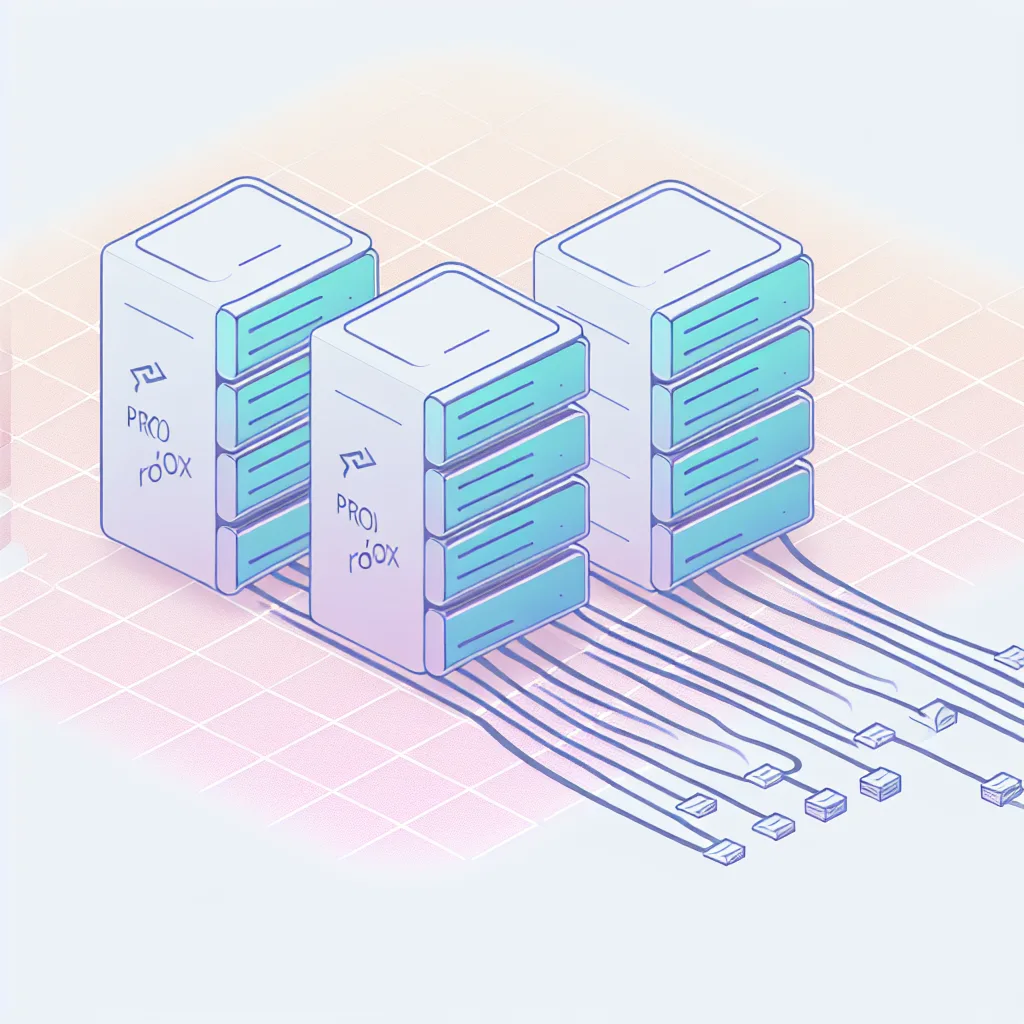Discover how Proxmox-GitOps streamlines container management using Infrastructure-as-Code and GitOps on Proxmox VE
If you’ve ever dreamed of running a homelab that manages itself, you might want to hear about Proxmox-GitOps. It’s a tool that helps automate container management on Proxmox VE by using Infrastructure-as-Code (IaC) principles combined with a GitOps approach. Simply put, Proxmox-GitOps lets you provision, configure, and orchestrate Linux Containers (LXC) in a reproducible, version-controlled way, making your environment easier to manage and much more reliable.
What is Proxmox-GitOps?
Proxmox-GitOps is an extensible, self-bootstrapping GitOps environment designed for Proxmox VE (PVE). It aligns with Proxmox 9.0 and the latest Debian release (Debian Trixie) to create a solid base for your containers. The cool part is that you can bootstrap your entire setup with just a single command—from deploying on Docker to running containers in Proxmox recursively.
At its core, it uses tools like Ansible for provisioning, and Chef (or Cinc, a community fork of Chef) for inside-container configuration. This combination ensures that your containers have consistent base configurations, including apps, users, keys, and tooling. Everything is managed through code, so your setups are deterministic and idempotent, which means they behave the same way every time.
How Does the Pipeline Work?
One of the unique things about Proxmox-GitOps is its recursive GitOps pipeline. Your entire container environment lives in a monorepository, with submodules for shared libraries and container-specific code. When you push changes, this triggers a continuous integration/continuous deployment (CI/CD) pipeline that updates containers automatically according to the desired state defined in your repository.
This automated process includes:
– Bootstrapping new containers
– Applying configurations inside containers
– Enforcing consistent states across all containers
– Updating references and libraries recursively
The automation communicates with Proxmox through its API, using Ansible for provisioning. Inside the containers, Chef manages app-specific configs. This setup allows you to manage your infrastructure much like you manage application code, making updates safer and more predictable.
Why Use Proxmox-GitOps for Your Homelab?
If you’re running a homelab or a small compute environment, managing containers by hand can quickly get messy. Proxmox-GitOps simplifies this by putting your entire container lifecycle under version control and automating the whole process. If something breaks or you want to roll back, it’s as easy as reverting a commit.
Another benefit is that because the control plane itself runs inside containers provisioned by the same system, you get built-in verification of your infrastructure’s foundation. It’s kind of like the system checking its own work.
Plus, it’s super extensible, so you can adapt it as your needs grow. Since this environment is actively developed, there might still be rough edges, but it’s already a solid starting point if you want a homelab-as-code experience.
Getting Started and Resources
Curious to explore or contribute? You can check out the project on GitHub where it’s openly maintained. For those new to IaC or GitOps, it might help to brush up on Ansible and Chef since they’re key to how this system manages everything.
If you want to get a broad overview of Proxmox itself, the official Proxmox VE documentation is a great place to start.
Final Thoughts
Proxmox-GitOps is a neat way to bring modern DevOps practices right into your homelab or small server setup. It embraces Infrastructure-as-Code and GitOps principles, making container automation more manageable and less error-prone. By using familiar tools and a recursive pipeline, it offers a fresh approach to managing Linux containers on Proxmox VE.
If you’re excited about automating your Proxmox containers with code and want a reproducible, version-controlled setup, Proxmox-GitOps is definitely worth exploring. And as you tinker, sharing feedback and experiences can help shape its future too!
